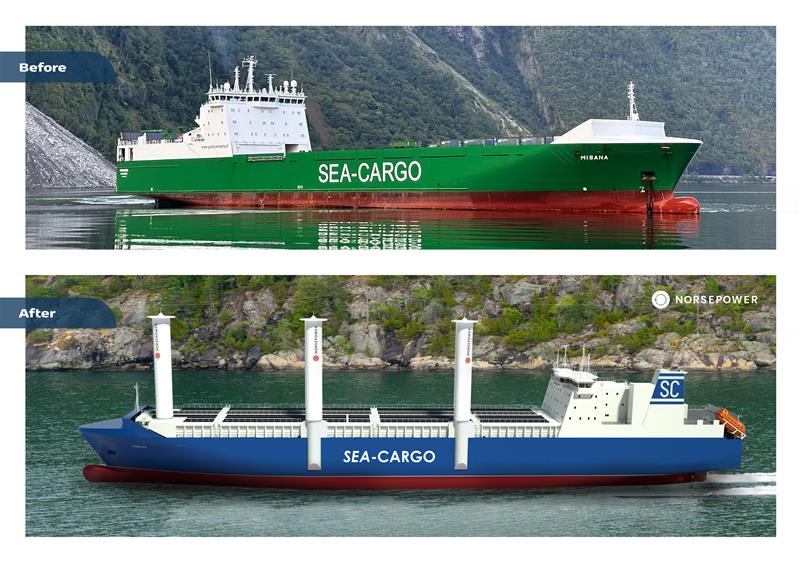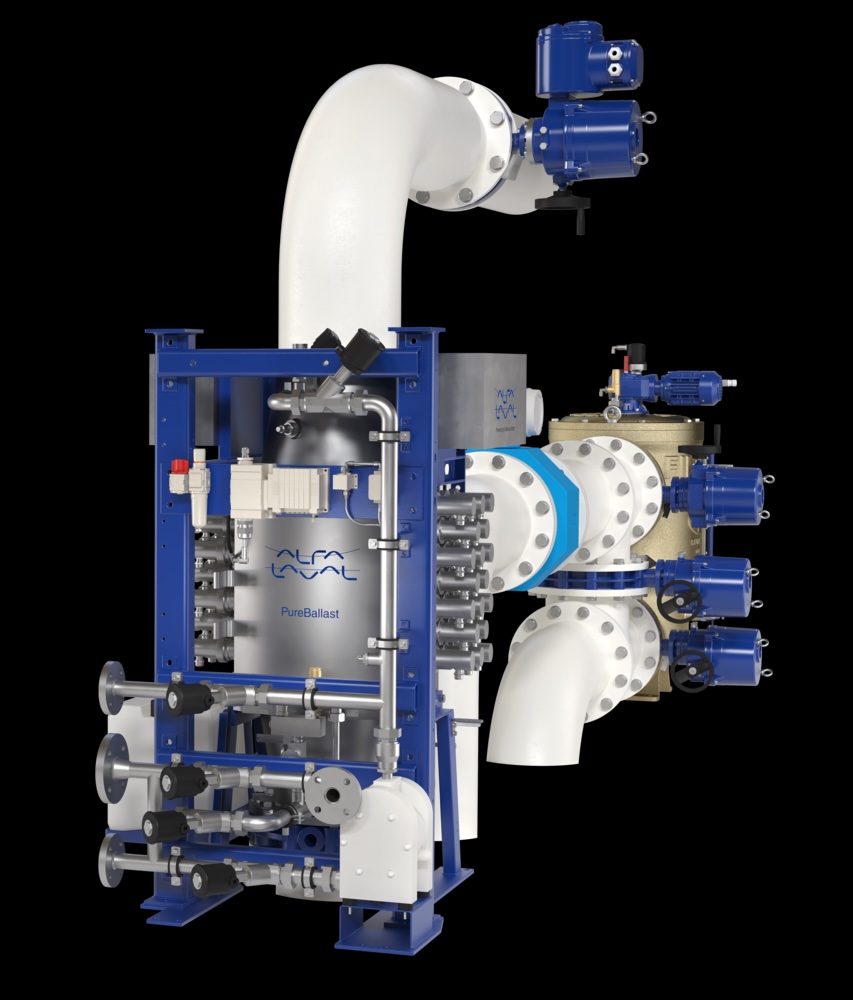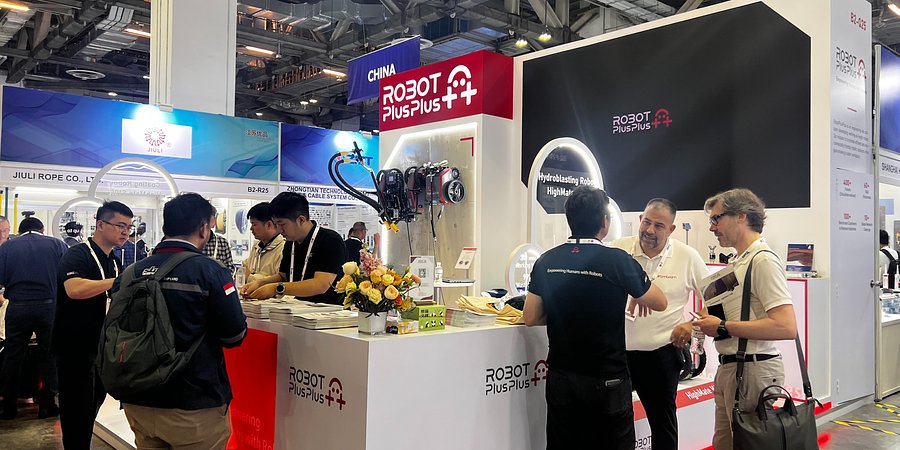Lomar's corporate venture lab, lomarlabs, has signed a collaboration agreement with climate-tech start-up Calcarea to develop technology that captures ship-board carbon dioxide and converts it to safe, durable ocean salts. This mimics the earth's natural response to excess CO2 emissions from volcanoes, and has the benefit that ships do not have to accumulate captured carbon and off-load it in port.
Founded at the California Institute of Technology (Caltech) and the University of Southern California (USC), Calcarea has developed this technology, based upon multiple decades of oceanographic research and marine engineering. The collaboration with lomarlabs provides the benefit of direct access to leading climate-conscious shipowner Lomar and will now accelerate the commercialisation and deployment of Calcarea’s system within the industry.
Calcarea's system captures carbon dioxide from ship-board exhausts, and converts it into stable, benign ‘bicarbonate’ ions for release into the ocean. With over 38,000 gigatons of bicarbonate already in the ocean, the carbon is permanently and safely stored as slightly saltier water.
Stylianos Papageorgiou, Managing Director of lomarlabs, said: “The shipping industry is doing its part in the global effort to tackle climate change, but we need to work faster and smarter. Regulations are in place that will gradually but surely incentivise the shipping industry to cut its emissions.
For ship owners and operators to meet ambitious regulatory targets cost-effectively, we must see a surge in new solutions beyond the currently available technologies. This collaboration introduces a carbon capture system specifically designed for our industry, playing a crucial role in the challenging task of decarbonising maritime operations. It's yet another example of our commitment to advancing innovative technology.”
Dr. Jess Adkins, Founder and CEO of Calcarea, said: “We are thrilled to collaborate with lomarlabs to commercialise and deploy our on-board carbon capture system. Our technology offers lower energy demands, lower costs, and lower infrastructure requirements than comparable alternatives to cut emissions from shipping. But we need traction from ship owners and operators themselves to get our system out into the industry and in use. This collaboration will accelerate the testing and maritime engineering needed to get our system in use and reducing emissions.” The global shipping industry is crucial to world economies and must also play a role in the green transition by tackling its own emissions.
Ship owners and operators worldwide are working towards improved efficiencies and cleaner fuels, but these actions alone are unlikely to be enough to meet targets for emissions reduction set by the International Maritime Organisation (IMO).
Because Calcarea's technology converts captured carbon into bicarbonate for release, it allows ships to ‘sequester at sea’, thus avoiding the need to accumulate captured carbon on board and having to off-load it at port for transport and injection. In doing so, Calcarea’s technology offers lower overall energy demands and costs when compared to today’s best alternatives. By mirroring the Earth’s natural oceanic carbon cycle - which reacts excess carbon dioxide with CaCO3 in the ocean to form bi-carbonate over millennia - Calcarea’s approach avoids uncertain impacts on ocean chemistry and ecosystems.
Calcarea’s technology is already gaining rapid traction within the shipping sector, and the joint development agreement with lomarlabs is one indicator of the shipping industry's demand for high-reliability low-cost innovations that can cut emissions.
source: Lomar
The opinions expressed herein are the author's and not necessarily those of The Xinde Marine News.
Please Contact Us at:
media@xindemarine.com



 Sea-Cargo and Norsepower continue their collaborati
Sea-Cargo and Norsepower continue their collaborati  Alfa Laval expands its portfolio with ultrasonic an
Alfa Laval expands its portfolio with ultrasonic an  Alfa Laval PureBallast 3 Ultra secures orders from
Alfa Laval PureBallast 3 Ultra secures orders from  RobotPlusPlus Wows Maritime Professionals with Carg
RobotPlusPlus Wows Maritime Professionals with Carg  Alfa Laval secures first contract for ammonia fuel
Alfa Laval secures first contract for ammonia fuel  GNV Tests RINA’s Machine Learning and Predictive
GNV Tests RINA’s Machine Learning and Predictive